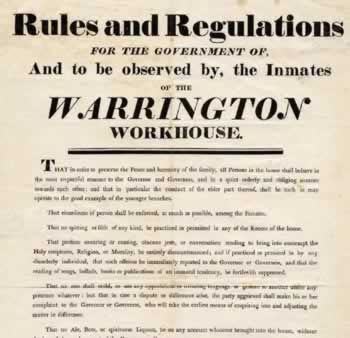People, Process, and Productivity Killers
Last week an interesting piece called '5 Ways Process is Killing Your Productivity', ran on Fast Company, a look and take on how overly rigid productivity systems, (like Six Sigma or TQM), can potentially have a detrimental effect on organization productivity and potential for innovation. As someone that has always balked or at least held a cynical point of view when productivity systems based in traditional manufacturing models were attempted in non-manufacturing environments, I thought the piece raised some excellent arguments, particularly when we think about the application of soft or people processes inside organizations, whether for performance management, development, or even for methods of collaboration.
I won't re-cast the author's entire point of view here, I'd recommend reading the full piece on Fast Company, but I do want to pull out the five productivity reducing ways that over-reliance on process methodology can have on performance and productivity, and ask you to think about them in the context of your organization and your initiatives, challenges, and opportunities as a talent or human resources professional.
1. Empowering with permission, but not action
HR example: Tell employees 'they own their career development', but offer no support at all, (time off, funding, guidance, suggestions), as to how they might pursue development opportunities
2. Focus on process instead of people
HR example: Did all the mid-year performance reviews get done? 100% in? Success!
3. Overdependence on meetings
HR example: Actually this is not limited to HR, most organizations still rely on the formal meeting, with way more than necessary attendees, to move along projects and initiatives. Just look at it this way, how do you typical react when a meeting suddenly gets cancelled? If you are like most, you revel in the 'found' hour or two back in your day. Meeting cancellation is like a mini-Christmas.
4. Lack of (clear) vision
HR example: Sort of a larger point to try and cover here, but certainly you can relate to being buried in the process or function of people management, legally required and self-imposed, that we simply miss or fail to articulate, (and then act upon), a bigger vision for how we can enable people to succeed and execute business strategy. This is the 'in the weeds' feeling you might be experiencing since it is Monday. But does it really ever go away?
5. Management acts as judge, not jury
HR example: Obviously, earned or just unfairly ascribed, the position of HR as police or judge has a long and not easily remedied place in many organizations. HR can't and shouldn't always be an advocate for the individual employee at the expense of the needs of the organization, but when the function is viewed as simply punitive, or even just indifferent, the chances for HR to effect meaningful and positive impact on people is certainly diminished.
I think one of the essential conflicts that arise in interpersonal relationships is the conflict between people that prefer or need strict rules and order, and the more free-spirited folk that see rules and strictures at best as more like broad guidelines, and at worst as mandates set by people that lack their own creativity and vision and can be safely ignored. Or said differently, between people that have to clean all the dinner dishes before bed and those that are happy to let them sit in the sink overnight. Both are 'right' of course, which leads to many of these kinds of 'process vs. freedom' kinds of arguments.
What do you think?
Have processes or set-in-stone rules you may have imposed in your organization helped?
Have they allowed people the room they need for creativity and innovation?
Do they keep you in the role of HR police far too much?
Happy Monday!

 Steve
Steve
Reader Comments